The language of addresses
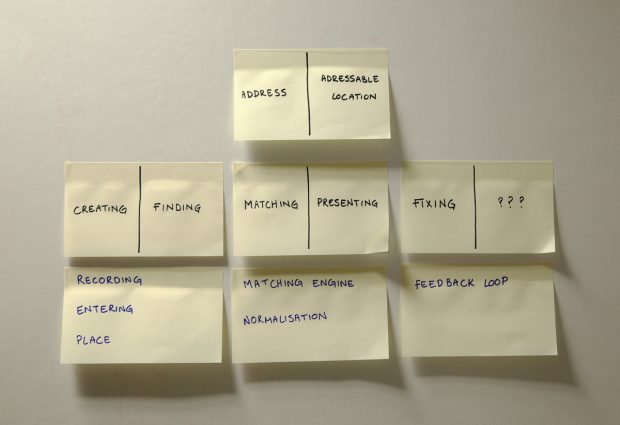
Addresses are a critical part of our national data infrastructure, but address terminology can be really confusing. We thought it would be useful to explain how we talk about addresses

Addresses are a critical part of our national data infrastructure, but address terminology can be really confusing. We thought it would be useful to explain how we talk about addresses
What’s address matching and why do we need it? Departments, agencies and other service providers will often request and maintain their own address information. However, each organisation will capture slightly different information about an address or may store it in …
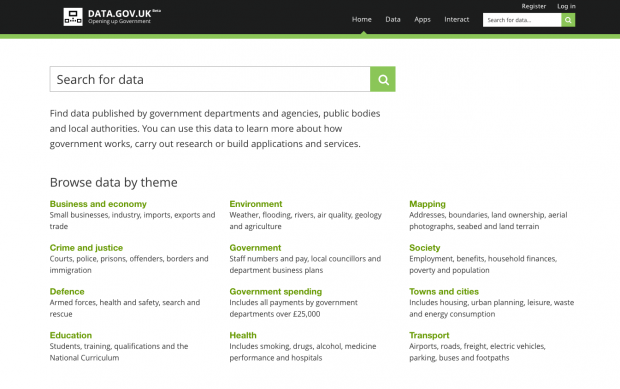
We’re making some changes to how the data.gov.uk homepage looks. This will help our users to understand what the site is for, what types of data we have, and how they can search the catalogue. The previous design highlighted open …
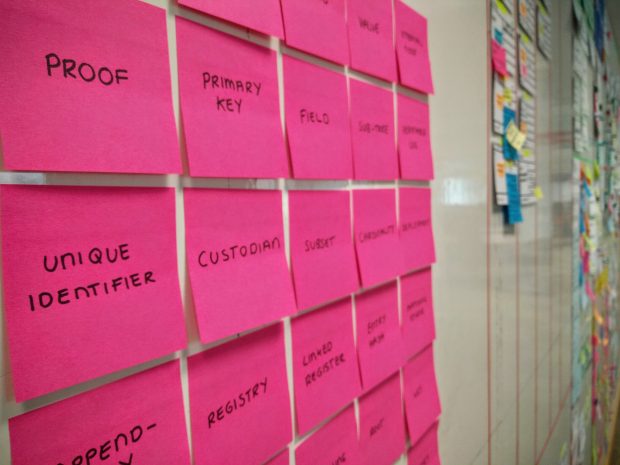
...possible. We started with open registers and, in true GDS style, we began with sticky notes. Collecting words Our team, including developers, a content designer and a technical architect collected...
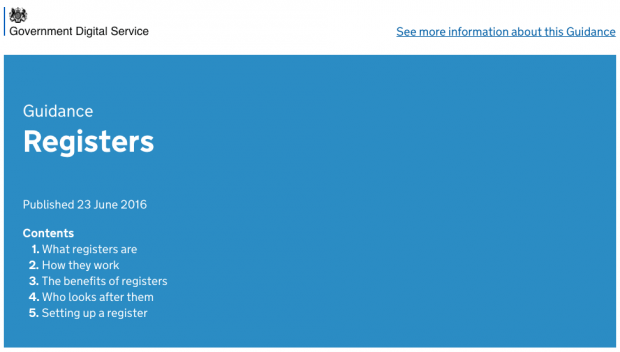
...less time explaining registers as a concept and more time supporting them to develop their own. This is just one thing we’re doing to improve how requests for registers are...

After a few years looking after the UK’s efforts on open data and policy innovation I am taking on a new role as Director of Data from within the Government Digital Service in the Cabinet Office.
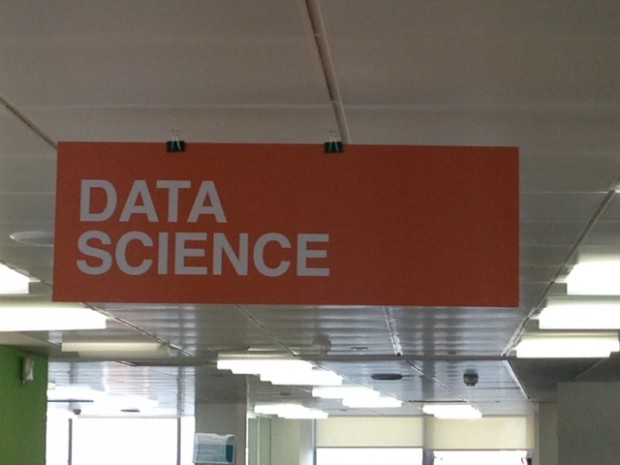
...government, where core data is held in canonical registers and accessed across government through APIs using common standards. This will make data - where appropriate - more easily discovered and...
Recent Comments